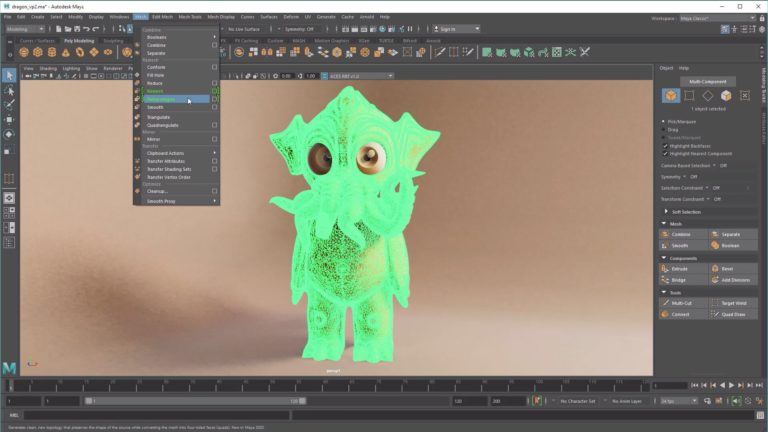Former VFX artist Daniel Lay, better known in his guise as blogger VFX Soldier, and Scott Ross, former general manager of ILM and co-founder of Digital Domain, met with SIGGRAPH attendees in Vancouver last week as representatives of ADAPT, the new nonprofit trade association that seeks to end Hollywood's practice of sending visual-effects work out of the U.S. to benefit from tax subsidies. About 40 conference-goers showed up for the Wednesday afternoon session, during which Lay and Ross explained the legal underpinnings of their crusade against tax incentives and offered a status report on the anti-subsidy case they're mounting.
Lay sought early on to emphasize that the movement is not an attack on the VFX business in Vancouver specifically or even Canada in general, arguing that as Hollywood studios move VFX work from territory to territory depending on where they receive the biggest government subsidies, it undermines the stability of the entire industry. "If [British Columbia's tax incentive program] doesn't last, what good is the subsidy to Vancouver VFX artists?" Lay asked. "It's not about bringing work back to California. It's about sustainability for the VFX industry."
The crux of ADAPT's campaign is a provision of international trade law that says governments can levy "countervailing duties" on imported goods that have been subsidized in their country of origin. If the principal were successfully applied to visual effects, a Hollywood studio could be forced to repay a tax rebate, in its entirety, to the U.S. government after having VFX work completed in another country. Ever since crowdfunding a legal study with a Washington, D.C. law firm last year, Lay has been working out the finer points of a plan to apply countervailing duties to VFX work subsidized by other governments. (See StudioDaily's previous coverage for more details.)
Ross said he had tried to mobilize executives at U.S. VFX firms to create a trade association that could address the issues facing the industry, but found resistance. "No one was willing to step up to the plate and say, 'You're right, we need to change the business model,'" he said.
A potential stumbling block for the effort is the need to demonstrate that 25 percent of the U.S. industry supports application of the laws. ADAPT's strategy will include appeals to unions such as the Animation Guild whose support could help demonstrate a widespread consensus.
Even if it doesn't ultimately succeed in ending international tax incentives for VFX, Ross and Lay expressed hope that ADAPT's campaign would get the attention of major movie studios. "How do we get the studios to the table?" Lay asked. "We either stop working, or we threaten to take [away] something very important to them." In response to a question about the definition of success for the effort, Ross said establishing a collective bargaining agreement with the studios "would be huge." But he warned that it wouldn't be easy. "If we think they're going to play nice, we're wrong," he said. "They will try to end-run anything we get done. They're going to respond as hard as they possibly can."
Conference-goers in attendance were generally sympathetic to the effort, but expressed some skepticism about its chances for success, wondering if it might prove too difficult to meet the 25 percent standard for demonstrating support or fearing that the studios might find ways to circumvent the law despite promises of strict enforcement.
Finally, despite their positions of advocacy for the industry, both Ross and Lay expressed some relief that they no longer make a living in the VFX industry. Ross hasn't been a full-time VFX pro since the sale of Digital Domain back in 2006 and Lay, a VFX artist for 10 years who worked most recently at Digital Domain, said he is now a consultant in an unrelated field.
Crafts: VFX/Animation
Sections: Business
Topics: daniel lay Scott Ross siggraph 2014 tax incentives VFX
Did you enjoy this article? Sign up to receive the StudioDaily Fix eletter containing the latest stories, including news, videos, interviews, reviews and more.











Leave a Reply